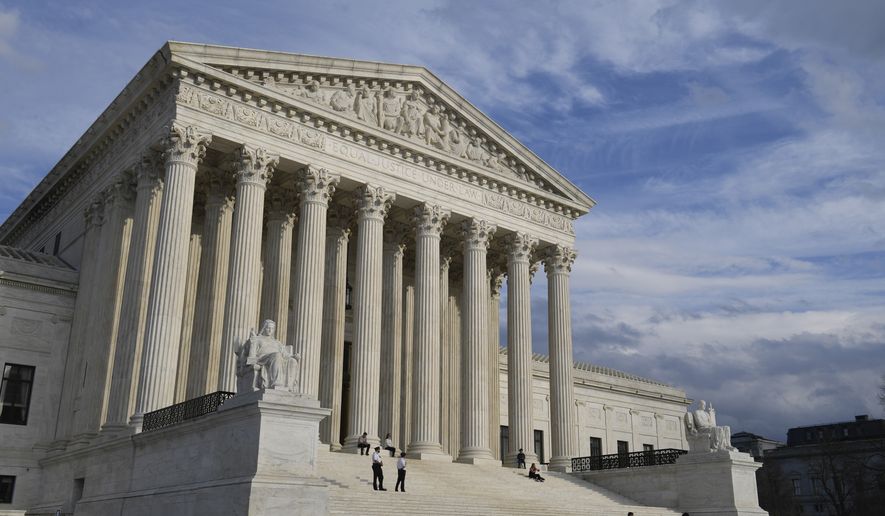The Supreme Court refused Friday to take a case attempting to force Texas to allow mail-in voting for anyone who fears contracting COVID-19.
The decision leaves in place an appeals court ruling that had already shot down the request by Democrats.
Texas law allows mail-in voting only for those who will be traveling or otherwise unable to make the polls on Election Day, and for those over 65 and who have a disability. The state Democratic Party had argued that the danger of contracting the coronavirus should count as a disability, freeing the entire state to vote by mail. They also said it was age discrimination to allow those over 65 to vote by mail, but not anyone younger.
A federal district court had agreed, but the 5th U.S. Circuit Court of Appeals eviscerated that ruling, mocking the judge for his legal reasoning.
The state Supreme Court has also weighed in, saying Texas law is clear and does not envision fear of a disease as a general disability. But the state court also said the law leaves it up to each voter to decide if he or she has a disability.
Friday’s action by the U.S. Supreme Court leaves things where they are — with both the state high court and the federal appeals court rulings in place, opposing expanded vote-by-mail.
Justice Sonia Sotomayor filed a statement saying she agreed with her colleagues not to take the case, but said the issue of allowing senior citizens but not younger voters automatic permission to vote by mail could violate the 26th Amendment, which lowered the voting age to 18 for federal elections.
Texas Attorney General Ken Paxton praised Friday’s move by the Supreme Court.
“Universal mail-in ballots, which are notoriously vulnerable to fraud, would only lead to greater election fraud and disenfranchise lawful voters,” he said.
• Stephen Dinan can be reached at sdinan@washingtontimes.com.




Please read our comment policy before commenting.